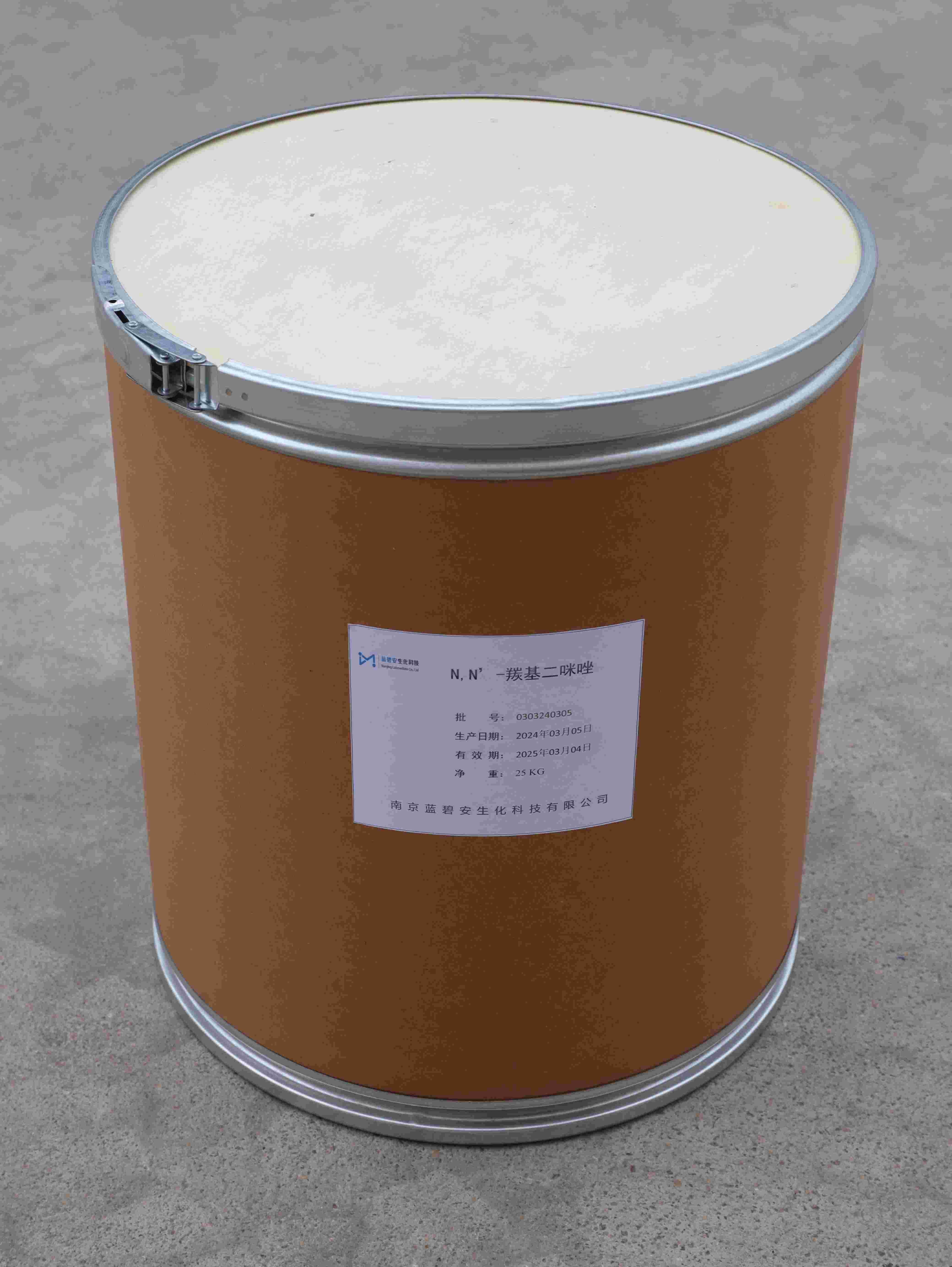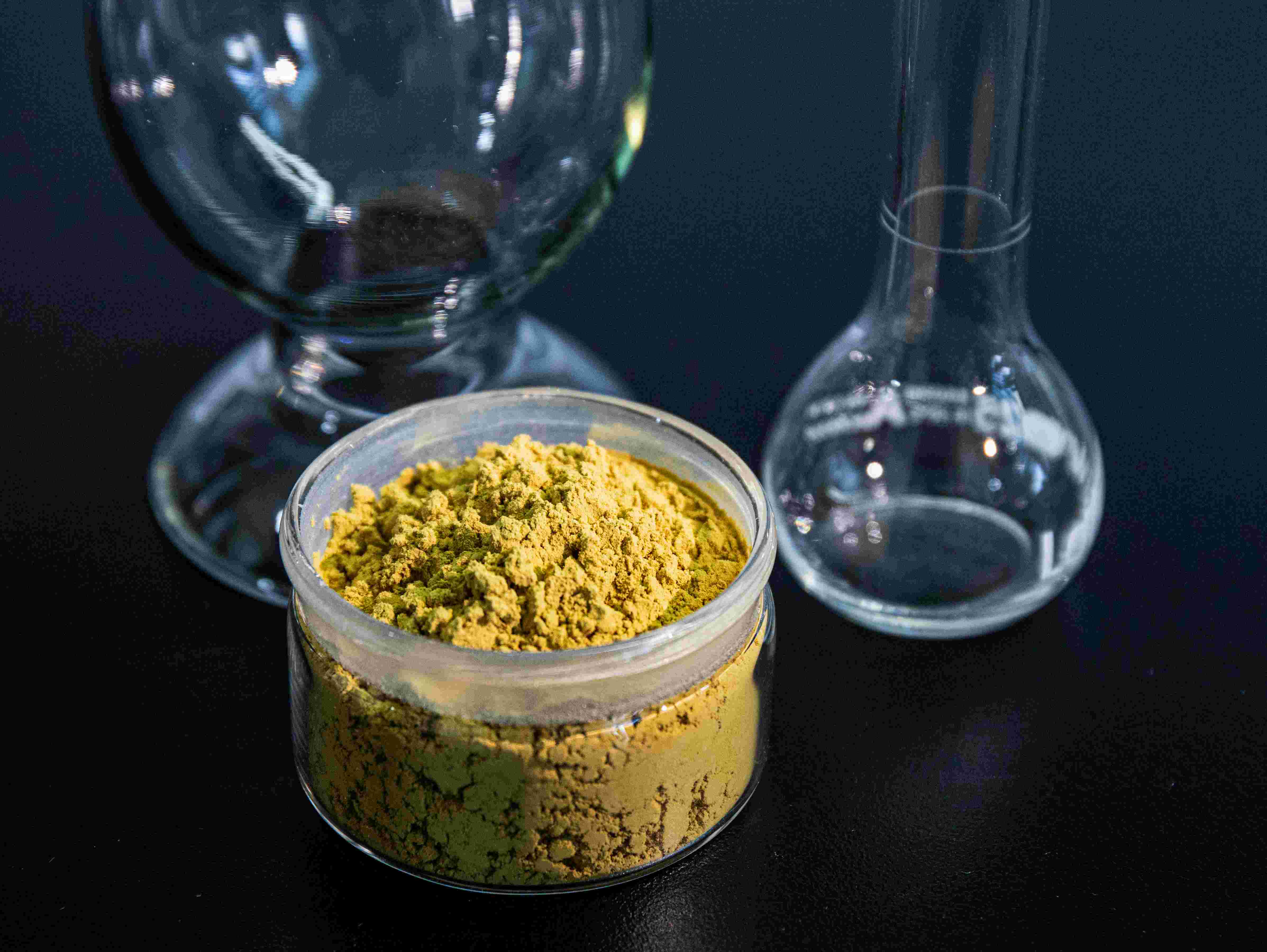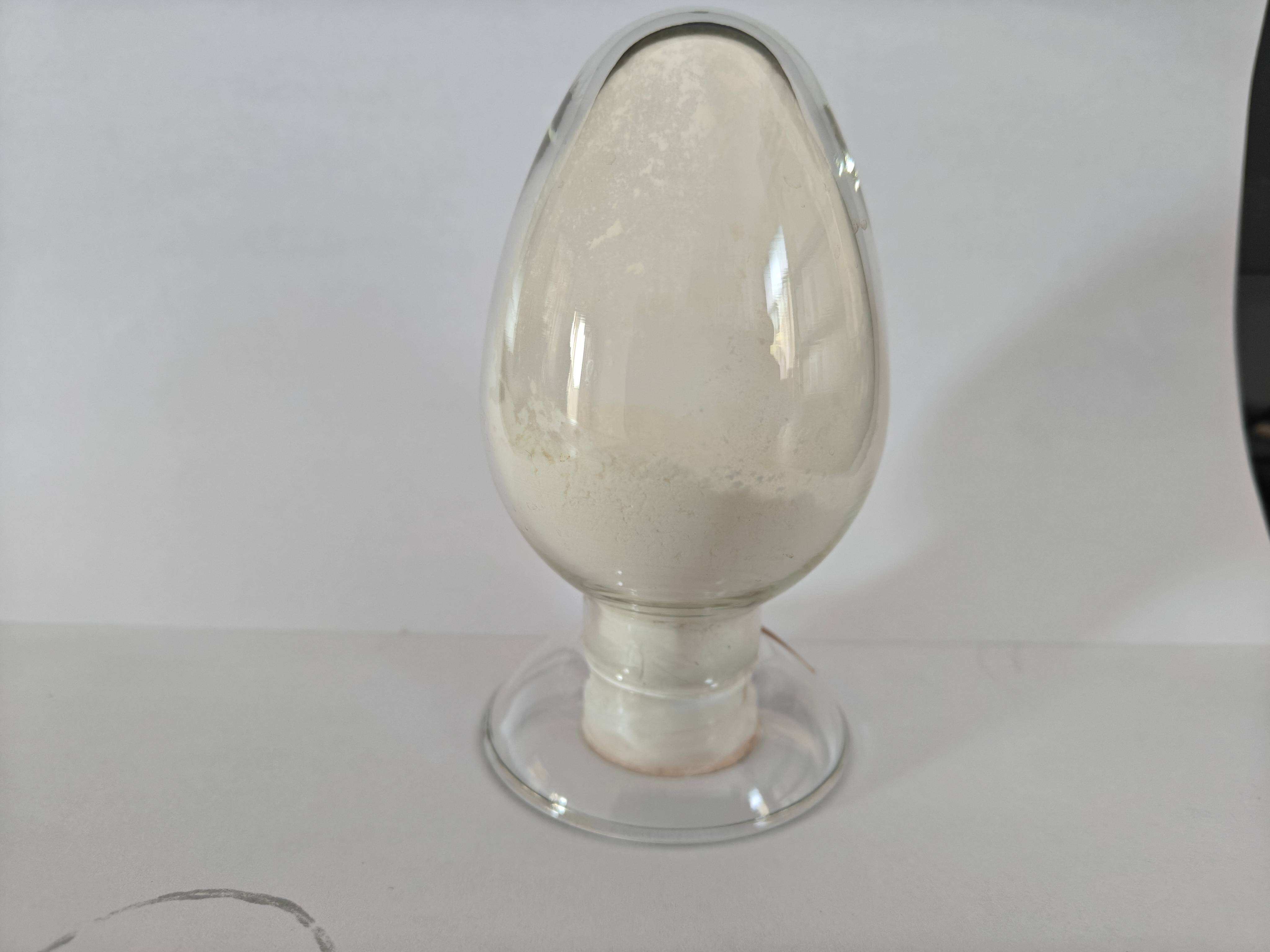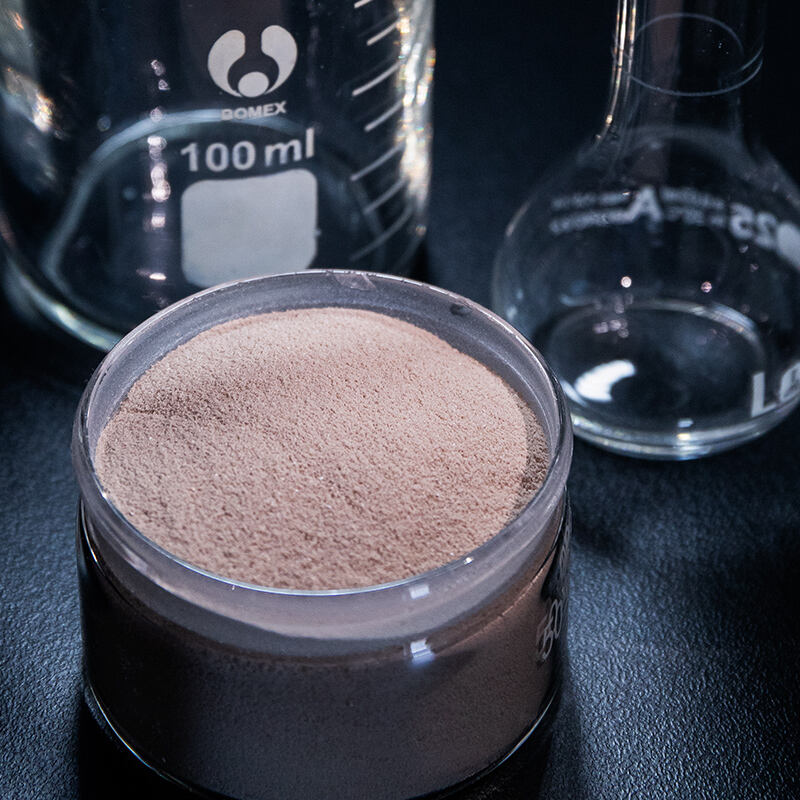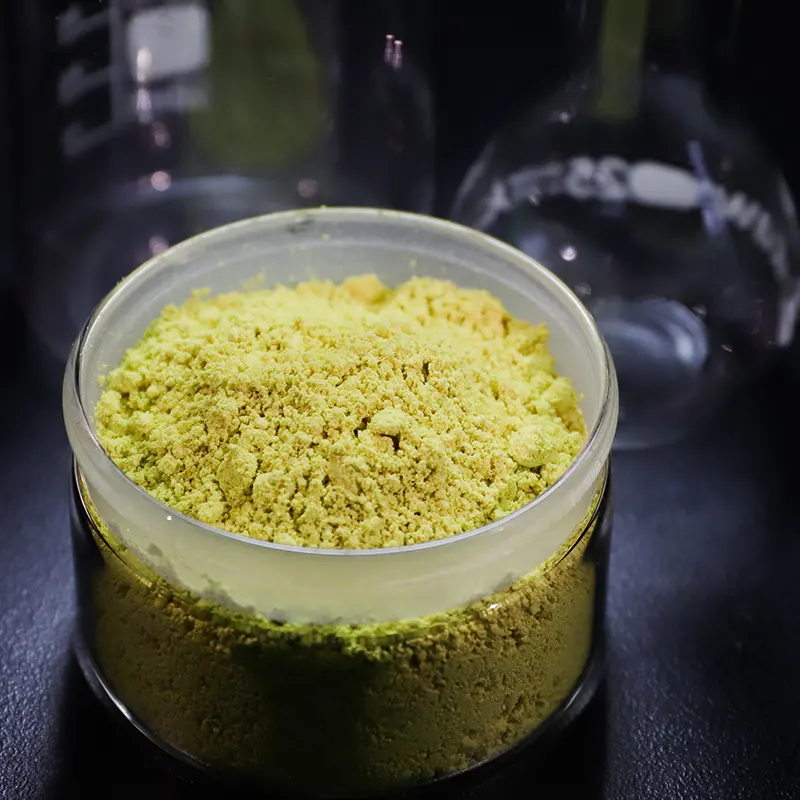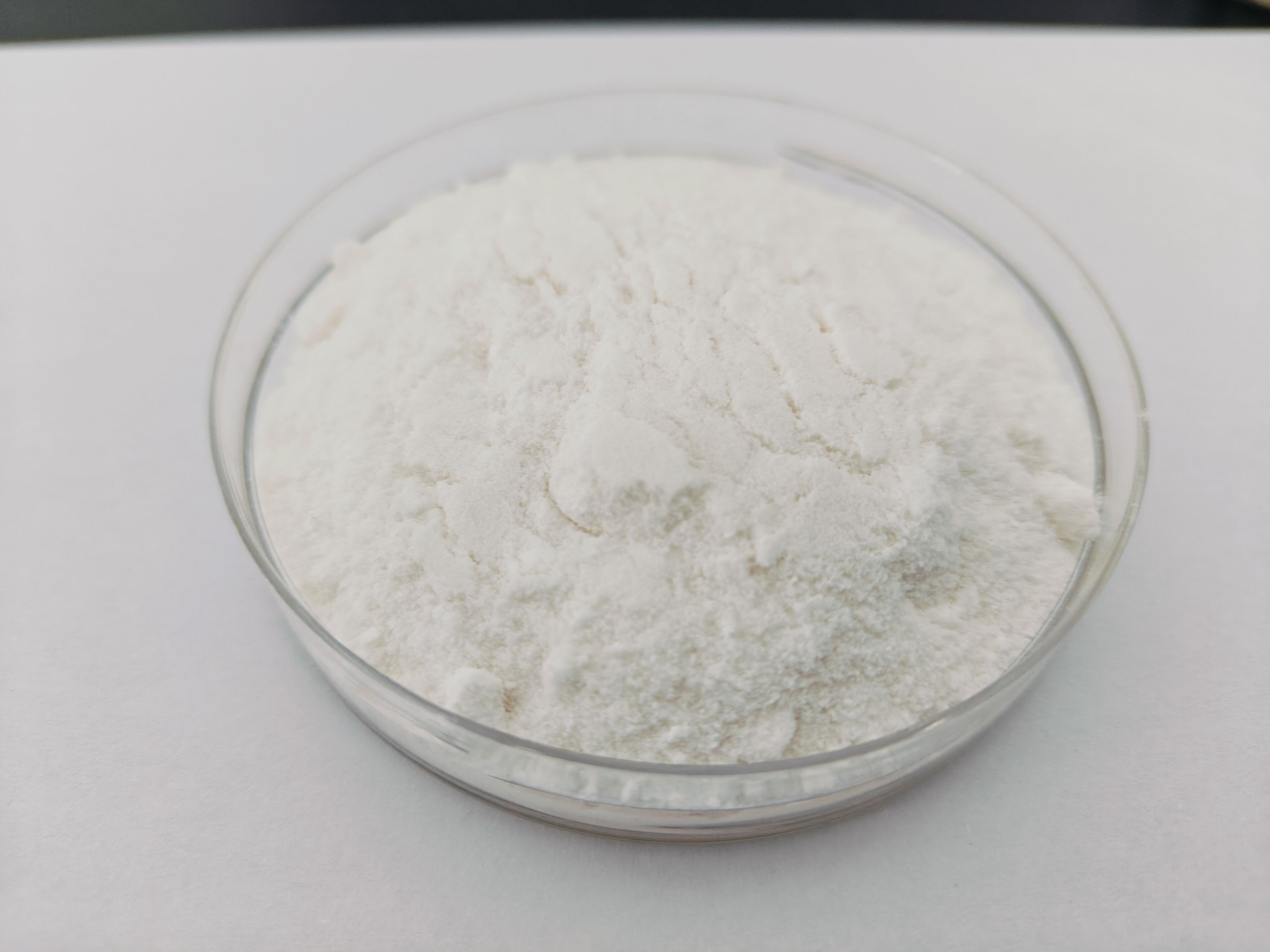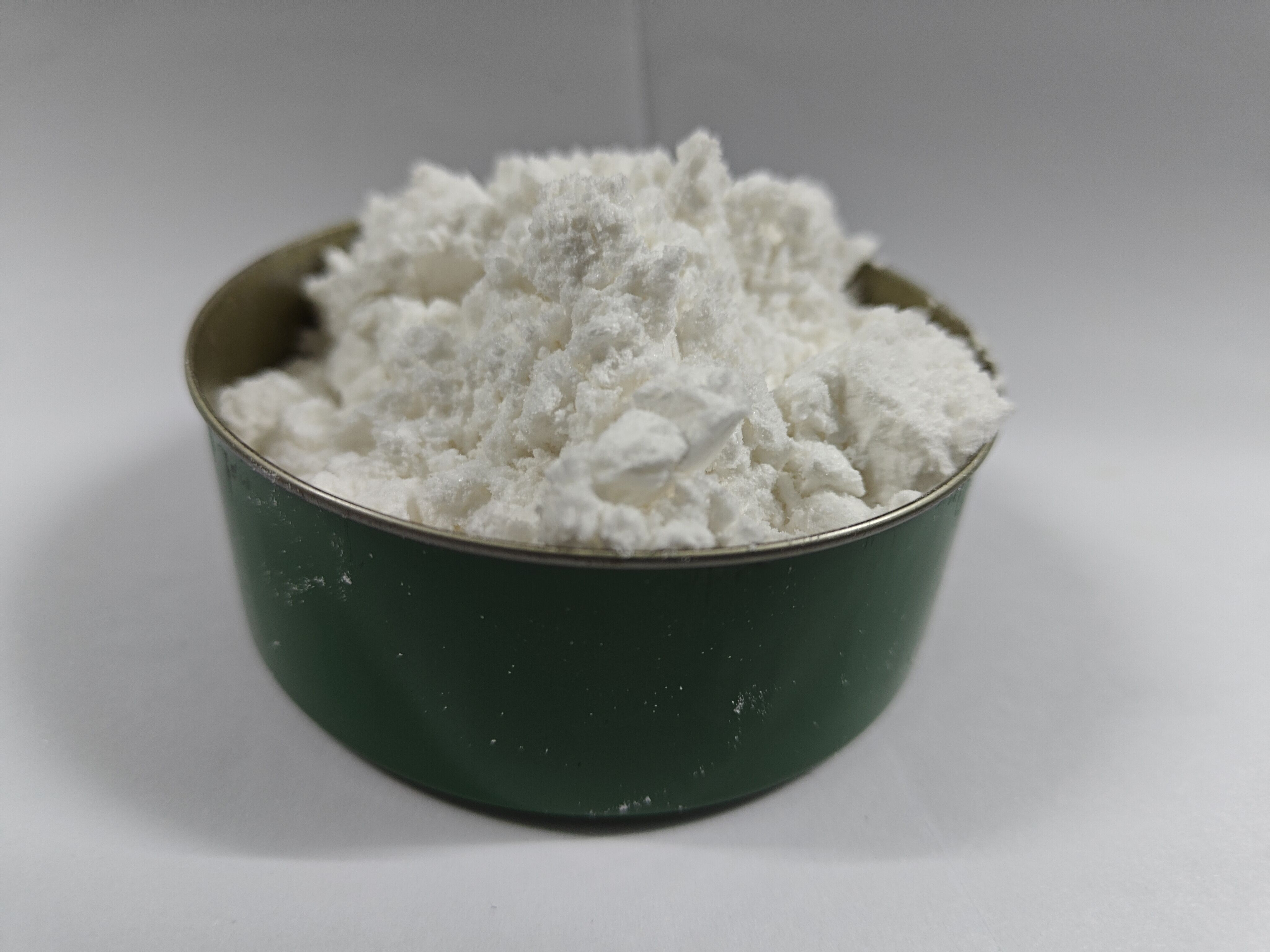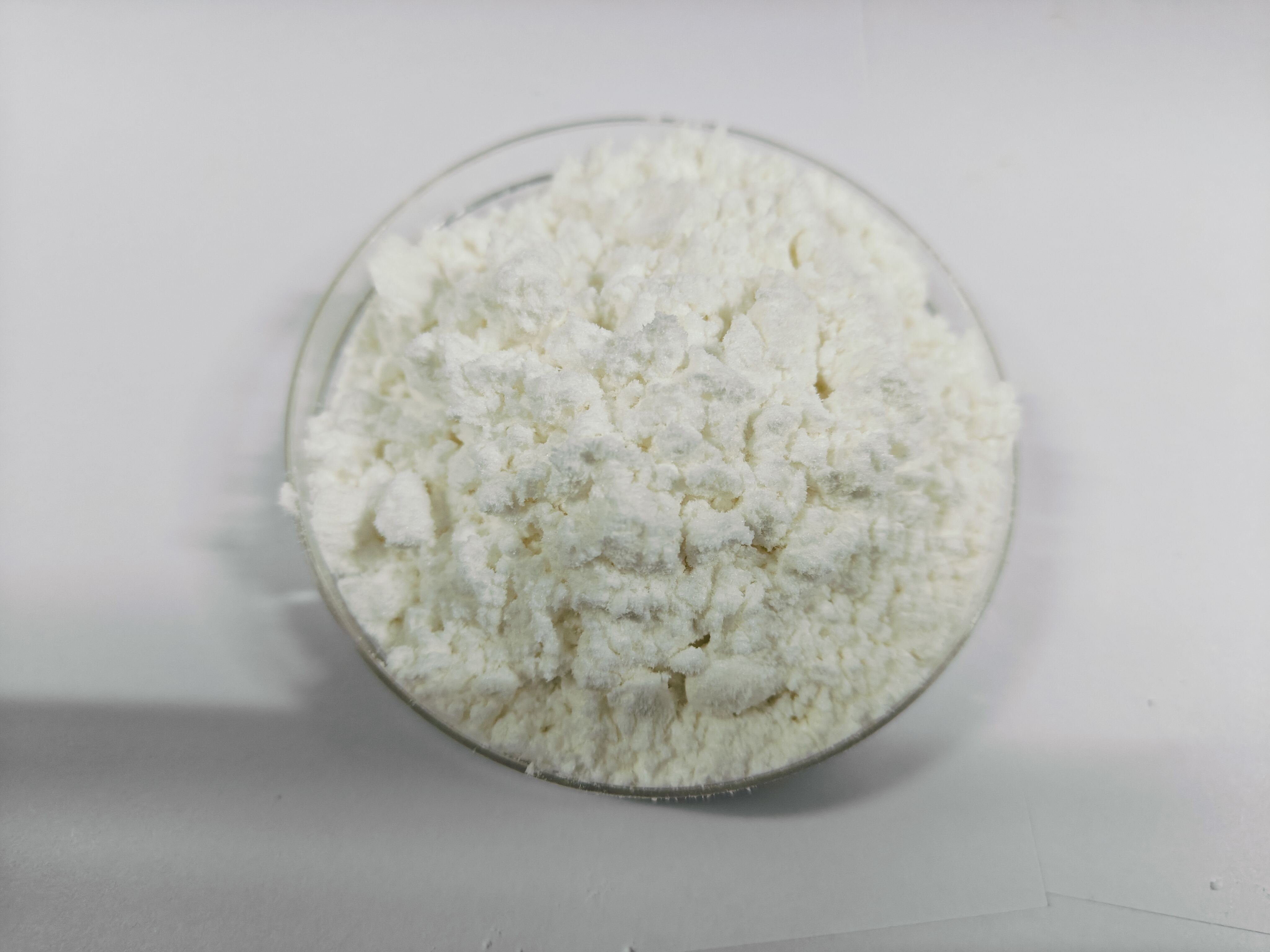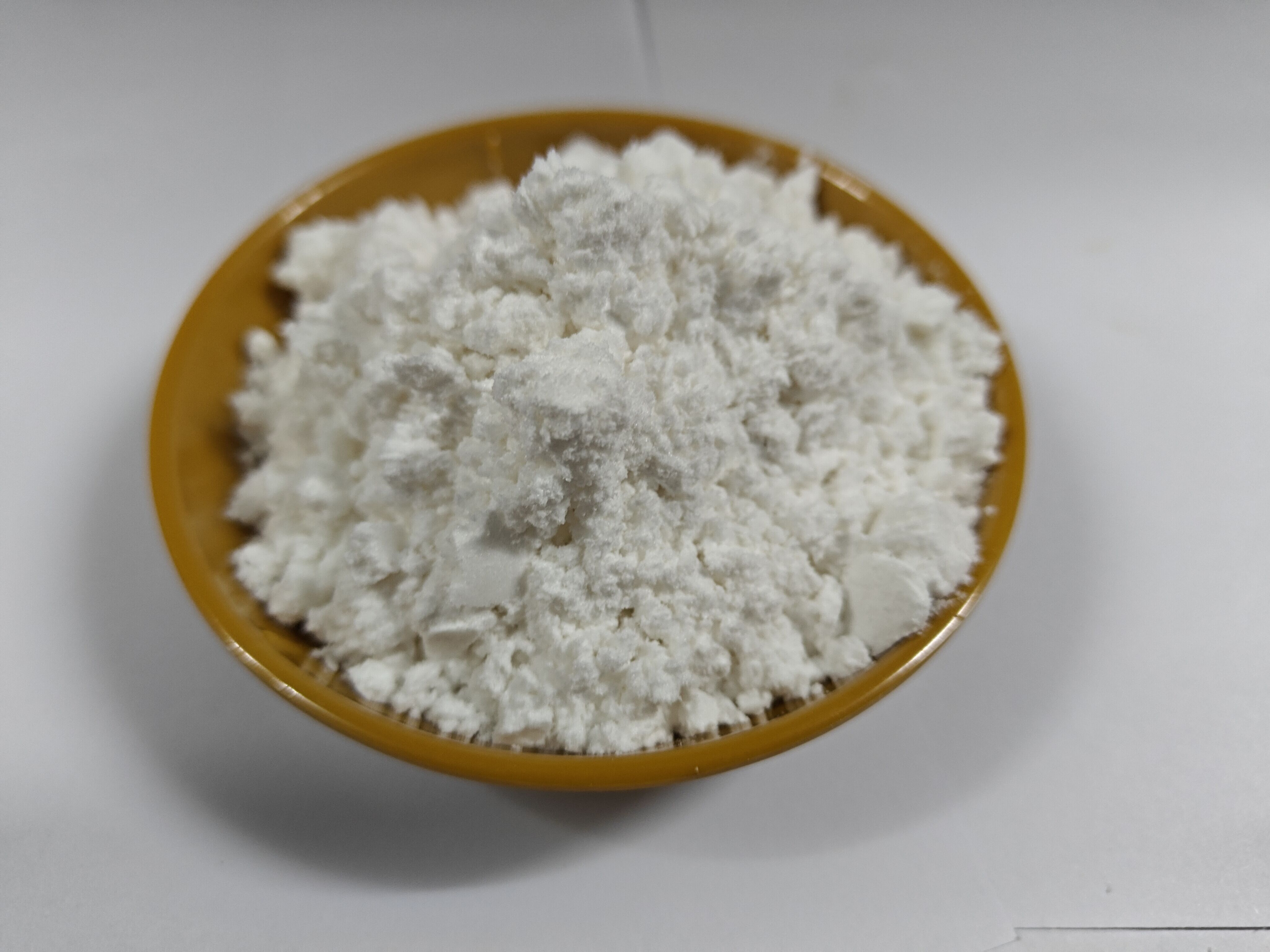carbonyldiimidazole reactions
Carbonyldiimidazole (CDI) reactions represent a cornerstone in modern organic synthesis, offering a versatile approach to forming amide and ester bonds. This powerful reagent, N,N-carbonyldiimidazole, functions as an efficient coupling agent that activates carboxylic acids for nucleophilic substitution reactions. The reaction mechanism involves the initial formation of an active acylating species through the reaction between CDI and a carboxylic acid, followed by nucleophilic attack by amines or alcohols to form the desired products. One of the most significant technological features of CDI reactions is their ability to proceed under mild conditions, typically at room temperature, without requiring harsh reagents or extreme conditions. The only byproducts are carbon dioxide and imidazole, making these reactions environmentally friendly and easy to work up. In industrial applications, CDI reactions are extensively used in pharmaceutical synthesis, peptide chemistry, and polymer modification. The technology has proven particularly valuable in drug development, where it enables the efficient creation of amide bonds in complex molecular structures. Additionally, CDI reactions play a crucial role in the production of various industrial chemicals, including agricultural products, fine chemicals, and specialized materials.

